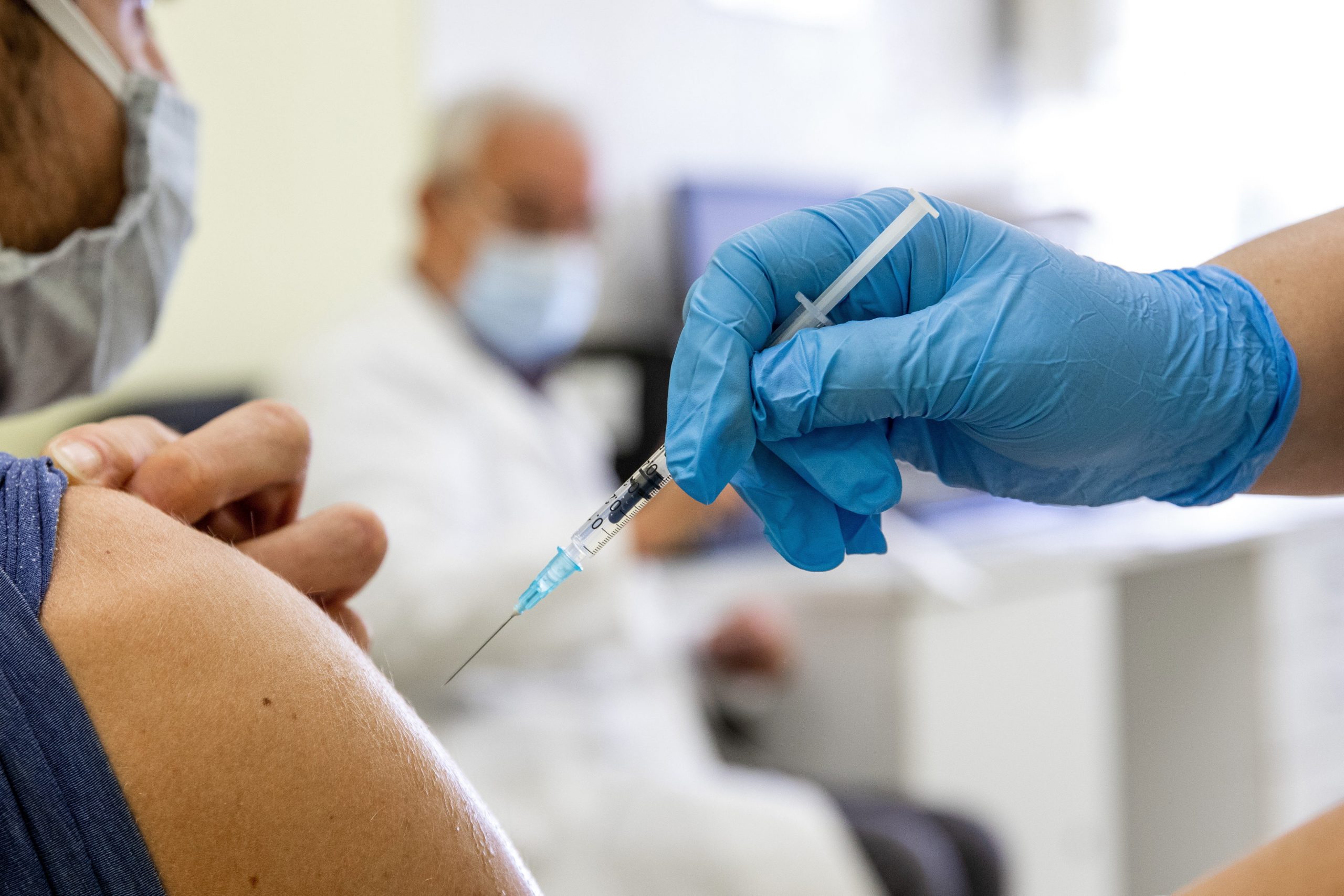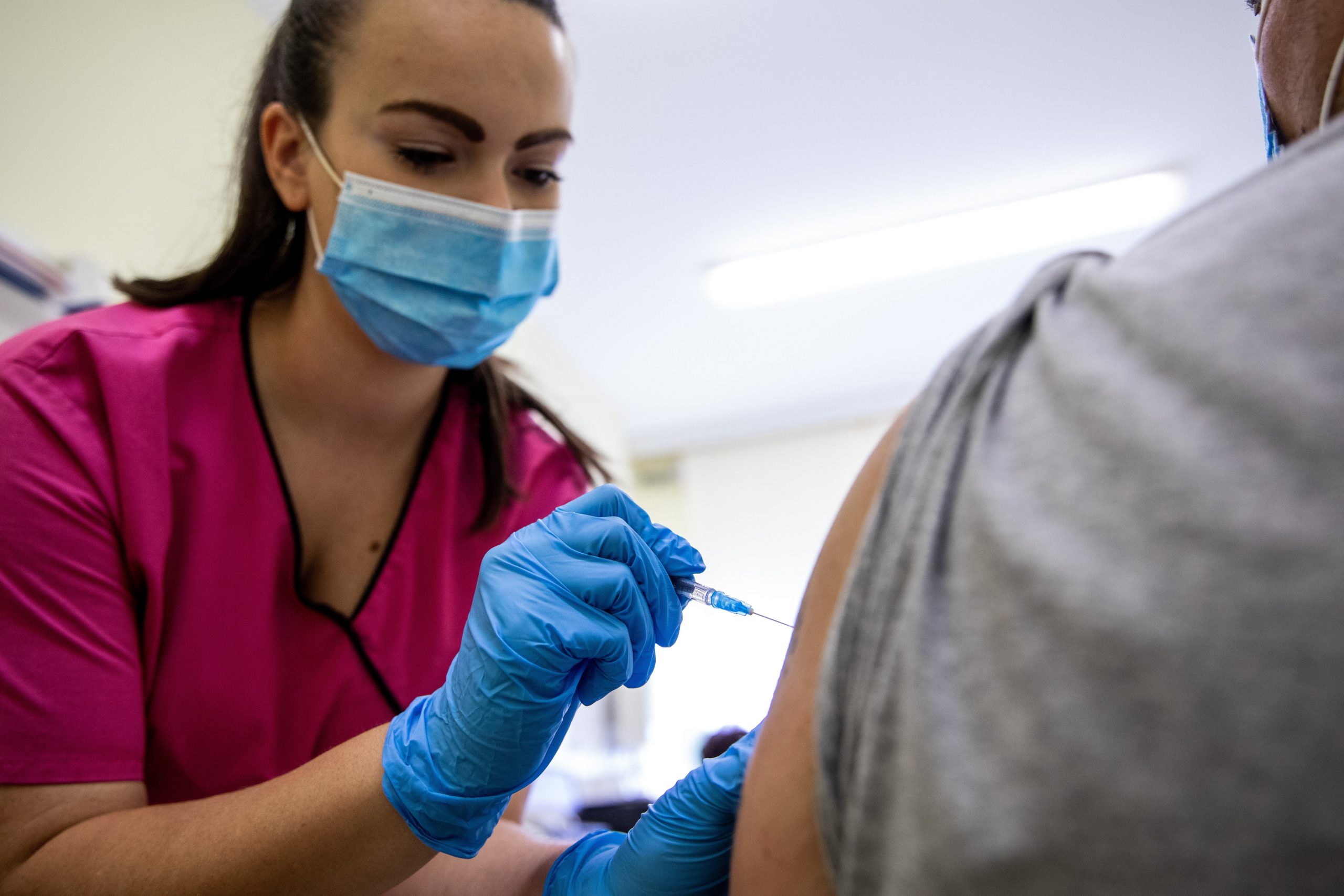
Those unvaccinated have twice the risk of being infected, and five times the risk of dying from Covid-19, epidemiologist Beatrix Oroszi said.Continue reading

A new large-scale study has been published on the effectiveness of vaccines used in Hungary. The study shows how well each type protects against Covid-19 infection and death. According to the findings, all the vaccines are effective, and each type provided high or very high protection (69% – 89%) against the virus during the examined period.
The HUN-VE (Hungarian Vaccine Effectiveness) study, commissioned by Minister of Human Resources Miklós Kásler, analyzed epidemiological and vaccination data of Hungary from the first half of 2021, before the fourth covid wave hit the country in August. It examined the period from 22 January to 10 June 2021.
The study, which was co-authored by several experts, including Chief Medical Officer Cecília Müller, was published in Clinical Microbiology and Infection, a prestigious international medical journal.
The HUN-VE compared data from fully vaccinated and unvaccinated populations. Individuals were classified as fully vaccinated if at least seven days had passed since the administration of the second dose of any vaccine type.
The nationwide retrospective, observational study examined the effectiveness of different vaccines against Covid-19 and related deaths, using data from the National Public Health Center (NNK), including information of 3.7 million vaccinated people.
Statistical methods were also used to adjust for differences regarding sex, age, and time of vaccination.
The results provide detailed data on five vaccines types currently in use in Hungary. The following vaccines were tested for their effectiveness: Pfizer-BioNTech, Moderna, Sputnik, V, AstraZeneca, Sinopharm. According to the findings, all the vaccines are effective, and each type provided high or very high protection against Covid-19, ranging from 69% to 89%.
The data show a 90.63% effectiveness rate for the Pfizer-Biontech vaccine which was administered to one and a half million people at the observed time period. So the data shows that those protected with this vaccine were ten times less likely to die during the spring wave.
The same result was 93.65% for the 223,000 people vaccinated with Moderna, and 88.25% for the 304,000 people vaccinated with AstraZeneca.
Russia’s Sputnik V vaccine had a very high effectiveness rate of 97.52%, which means that 820,000 Hungarians vaccinated with Sputnik V vaccine were more than 20 times less likely to die in the spring compared to unvaccinated people.
China’s Sinopharm vaccine also proved to be highly effective with 87.85%, which is well above what was expected from antibody level measurements.
It is important to emphasize that the results of the vaccines should be evaluated on their own, as the distribution of chronic disease was different between the groups examined and their distribution was not examined in the study. This means that it cannot be said that the Sputnik V vaccine was the most effective, only that all five vaccines tested showed the effectiveness expected from the international scientific literature.
Furthermore, as news site Telex outlines the data collection for the study started on January 1 and ended on June 10, well before the latest covid wave started to surge in Hungary. Also, the study does not address how the effectiveness of the vaccines decreases over time. It also does not include results about the third dose of vaccines, which was authorized in Hungary in August.
Regarding the results of the study, Tamás Ferenci, a biostatistician at the University of Óbuda, told Telex that due to the data collection period ending on June 10, the study does not allow for any conclusions to be drawn for the current epidemic situation or the current effectiveness of the vaccines. At the same time, he stressed that this study is a positive development compared to previous data released by authorities.
Featured photo illustration by Tibor Rosta/MTI